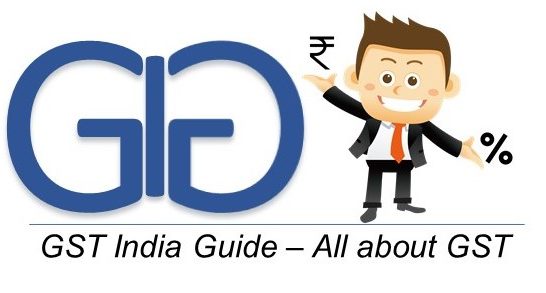Case Details:
| Particular | Details |
| Case No. | W.P. NO. 33077 of 2018 |
| Case Name | Balaji Theatre v. Chief Secretary |
| Court | Madras High Court |
| Date of Judgement | 20-11-2019 |
| Citation | GIG-CLS-0040 |
Issue- In the above case, the petitioner was aggrieved against the order of the respondent dated 15-7-2017, wherein and whereby, the petitioner and the other licensees of Cinema theaters were directed to remit the entertainment tax every week to the respondent/Municipality. Consequently, the petitioner seeks for a direction to the respondent to refund the entertainment tax paid from 1-7-2017 to till date. Petitioner contented that out of the total tax collected, the dispute was in respect of 25% of entertainment tax being collected by the respondent Municipality. After introduction of GST, and when the Puducherry Municipalities Act, 1973, is subject to GST, the respondent has no authority to collect the entertainment tax. The entertainment tax is imposed by the Municipality and not by the State. The Puducherry Goods and Services Act, 2017, came into force with effect from 1-7-2017. Section 173(2) of the Puducherry Goods and Services Tax Act, 2017 annulled the collection of the tax by the Municipality. In view of section 173(2) of the Puducherry Goods and Services Tax Act, 2017, section 118(1)(b)(ii) of the Puducherry Municipalities Act, 1973, stands annulled and thus, the Municipality has no authority to collect the entertainment tax. If section 118(1)(b)(ii) is annulled, no other law empowers collection of entertainment tax by the Municipality. As per article 265 of the Constitution of India, no tax can be collected, without authority of law. section 15(2) of Puducherry Goods and Services Tax Act, 2017, should not be construed as granting power to collect entertainment tax, especially, when GST includes entertainment tax.
Held- It was held that the Puducherry Municipalities Act, 1973, is an enactment, which is still in force and thus, the authorities competent under the above enactment are bound and entitled to act in accordance with the relevant provisions made thereunder. section 118(1)(b)(ii) of the Puducherry Municipalities Act, 1973, empowers the Municipal Council to impose a tax on entertainment. It is to be noted at this juncture, that this power conferred on the Municipal Council under section 118 to collect various taxes has not been totally taken away or subsumed under the PGST Act and on the other hand, it is apparent that only the power to collect tax on a particular subject viz., advertisements other than advertisements published in the newspapers alone has been taken away or omitted by way of imposition made under section 173(1)(a) of the PGST Act. A careful perusal of section 173, sub-clause 1 of the PGST Act, would undoubtedly, indicate that the Legislature have consciously retained the power of the Municipal Council to collect tax on all other subjects except the collection of tax on advertisements other than advertisements published in the newspapers. In other words, even after introduction of the PGST Act, in view of the specific provision made under section 173(1) therein, what was omitted from the purview of the Municipal Council is only a tax on advertisements other than advertisements published in the newspapers and not in respect of other taxes such as property tax, professional tax, duty on certain transfer of immovable property in the form of additional stamp duty and the “Tax on Entertainment”. Therefore, it is very clear that the powers of the Municipal Council to collect the tax on entertainment, is retained, even after introduction of the PGST Act.

